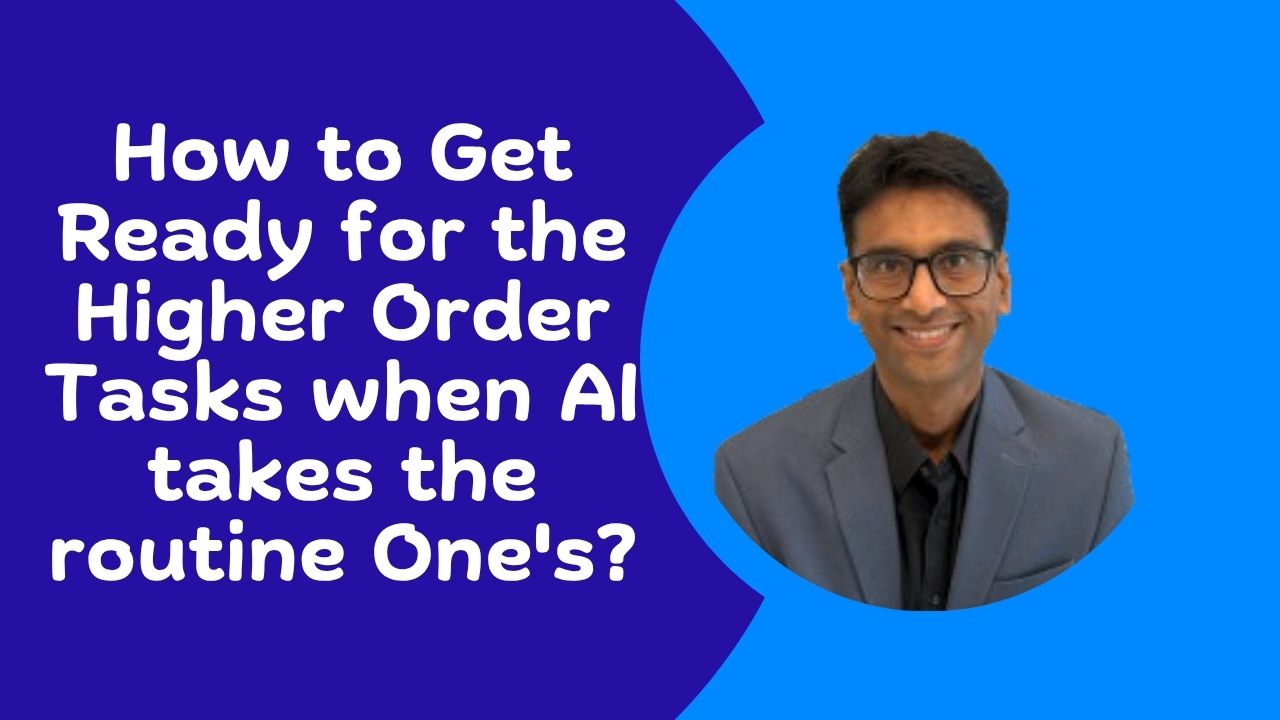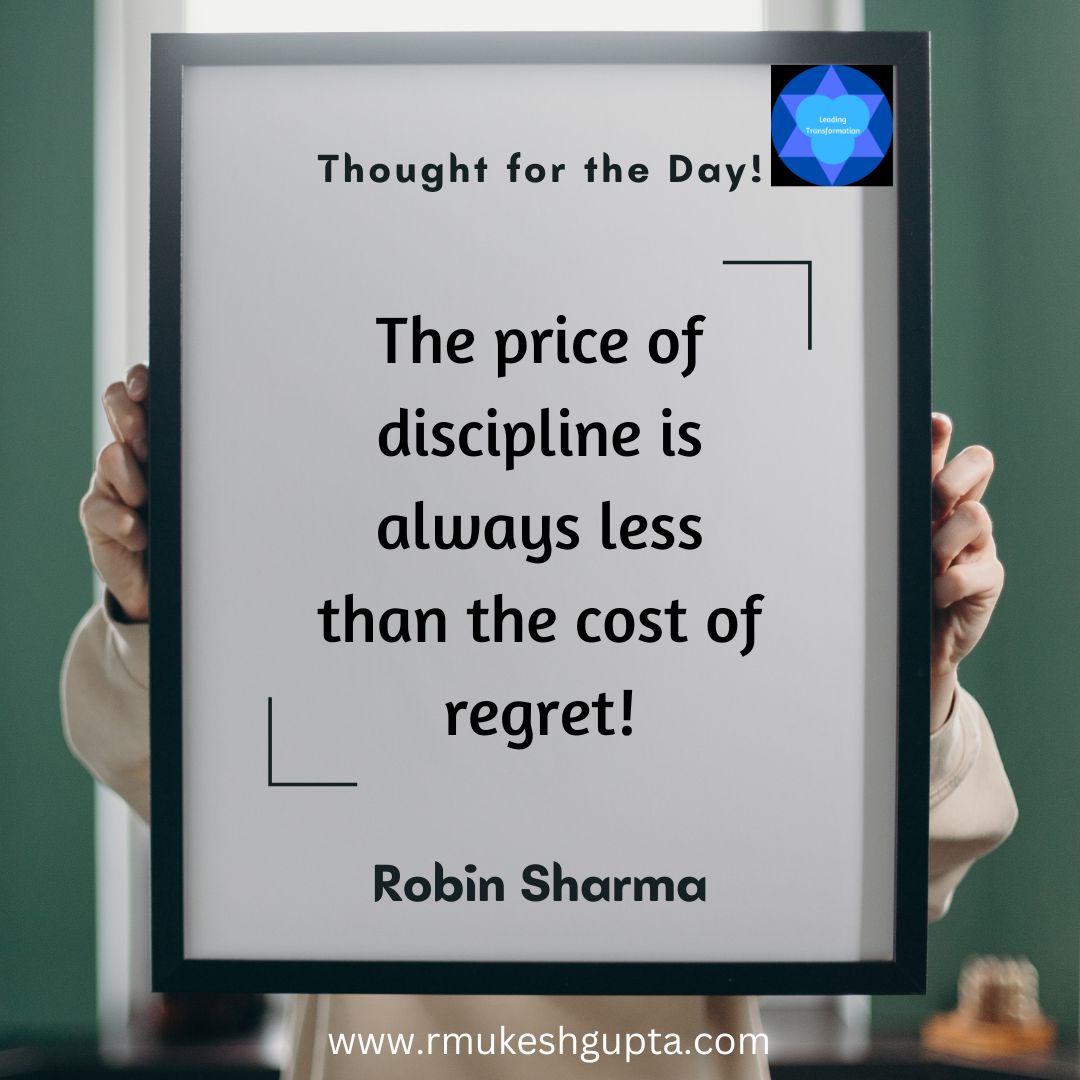Why We Behave Badly & What Can we learn from it by Mukesh Gupta
Today, I did something bad. Something that I had decided to never do. Ever. Yet, I ended up doing exactly that same thing. What I did seriously undermines one of my most important tenant in my personal manifesto – to stay healthy – emotionally. What I did took a toll on me and even more so on the person on the other side.
I immediately felt sorry after whatever I did. But, does that help? No. The damage was already done. I did apologise, because it’s the right thing to do…
The words we say are like arrows.. They fly at the speed of thought and can’t be taken back. Only this time, the arrow stuck a blow that i had not intended.
Have you ever felt this way? Have you ever done something so terrible that you don’t ever want it to get out, lest all hell break loose? Have you ever done something so terrible, that you can’t even dream of doing it.. ever..
Did you feel in the moment that you were not in control? Did it feel like someone other than you took over you and your senses? That is exactly how I felt..
The question now is the following:
What can I do to limit the damage already done? Is there anything that I can do to ensure that this never happens again?
Limiting the damage:
There are only 3 things that we can do, if we have done something terrible to hurt someone.
- Feel the guilt: We need to feel bad about what we have done. Genuinely. Fully experience the guilt that comes from such an act.
- Apologise: Once we have fully experienced the guilt, go ahead and apologise to the person whom we have hurt. Remember that it is up to them to decide if they would give you forgiveness or not. You can not force them to forgive you and move on. It is their decision to make.
- Forgive yourself: Once we have apologised sincerely, it is important that we forgive ourself for what we did (whether or not you were forgiven). It is important that we forgive ourselves to enable us to move to the next phase, which is to learn from what happened, understand why it happened and put in place systems in place to try to make it much more difficult for you do something similar.
Understand why it happened:
When I looked at some research done in the area of emotional reactions, I learnt that the part of the brain that is responsible for emotional reactions – amygdala is the oldest part of the brain and gets activated in times of stress or any other heightened emotional states. This part of the brain is responsible for the fight, flight or freeze response that we have for certain kind of stimuli. The stimuli that generates this kind of response can be different for different people.
I, for one, have realised that I react in un-characteristic way in certain situations and with certain people. When I think about it, I know that some situations, some words or actions have that kind of impact on me.
I realise that I lose control of my pre-frontal cortex (the part of the brain that is rational and helps us make a choice, rather than react to stimuli, which inherently makes us different from animals and uniquely human) when I am faced with a certain situation where I am feeling extremely vulnerable or when someone questions my integrity or intentions. These are my hot buttons or triggers.
Anytime they are pressed, I react in a way that is not consistent with the person that I am or I want to be. This is exactly the time my amygdala takes over and makes me fight, take flight or freeze.
Earlier today, was one such reaction – I fought, said and did things that I never wanted to say and do in the first place.
This is usually the case in all such scenarios. If you lose control of yourself next time, look at the situation, place, people, what they said/did, how did you feel. Then try to recollect a time when something similar happened. Did you react that is consistent to fight, flight or freeze response? If yes, you have just found a hot button or a trigger that can make you behave uncharacteristically.
Everyone of us has such hot buttons or triggers. Some of us have a low threshold and more triggers than others. But all of us have them. This is also uniquely human.
What can we do to make it difficult for us to do this again:
Once we identify the triggers or the hot buttons, we should not stop there. There will be a strong tendency (ok strong in me, maybe not so strong in you) to use this as an excuse so that we can blame the other person for triggering you by pressing the hot button, to rationalise our behaviour. BEWARE. If we do this, we are no better than any animal in the jungle. If that is the identity that we want to strive towards, then by all means, go ahead and do that. I strive to be better than that, much better than that.
So, instead of using this as an excuse, I want to flip it. From being a negative trigger that makes me lose control, I want to make this a positive trigger that helps me improve as a person. How can we do that, you ask. Here is how:
- Use the power of imagination: Imagination is another uniquely human trait that enables us to experience anything that we want to. Bhagvad Gita says – Everything that we know is a figment of our imagination. All our belief’s, our culture, our idea of society, of success/failure, right/wrong. So, lets use that power of imagination and re-live the moment. Act out the entire scene, in its entirety, including the person who said or did things that pressed your hot buttons. Then imagine different ways that we could react to the trigger. What would it look and feel like to freeze or to fight or to run away. What would it feel like to not do any of this and stay grounded and in control. What might we say differently? What might we do differently? How does that make us feel? How does that make the other person feel? How do they react to this new stimuli? Try something else and experience the same thing again. Try something else and keep doing this till you find an approach that leads to an outcome that is positive for both you and the other person. If you are truly forgiven and if you really trust this other person, involve them in this exercise as well. Once you have identified the course of action that best suits everyone in question, we need to practice it multiple times using our imagination, so that when it actually happens again, we are ready. By confronting our hot buttons or triggers, we get them to lose the power they hold on us.
- Don’t press other’s hot buttons: If someone could press our hot buttons, consciously or sub-consciously, we could do the same to others as well. So, we need to think about our own behaviour to see if we did/said something that triggered the amygdala of the other person. If possible, ask the other person if you did so and if it would help them feel better and respond differently, if you did not repeat your behaviour.
Conclusion:
Being human is messy. Emotions are messy. In moments of stress, we think and act as if we don’t have a choice. But we always have a choice. As long as we keep learning from each one of these mistakes, we can continue to grow as an individual and at the same time enjoy the pleasure that comes from having strong emotional friendships or kinship. Relationships are messy. However, it is these messy stuff and how we deal with them is what makes us uniquely human.
I hope I am able to seek and get forgiveness for my act of today. I do hope that you are able to do so as well, whenever you end up in a situation like I did today. Be absolutely sure that it will happen and be prepared for it.



